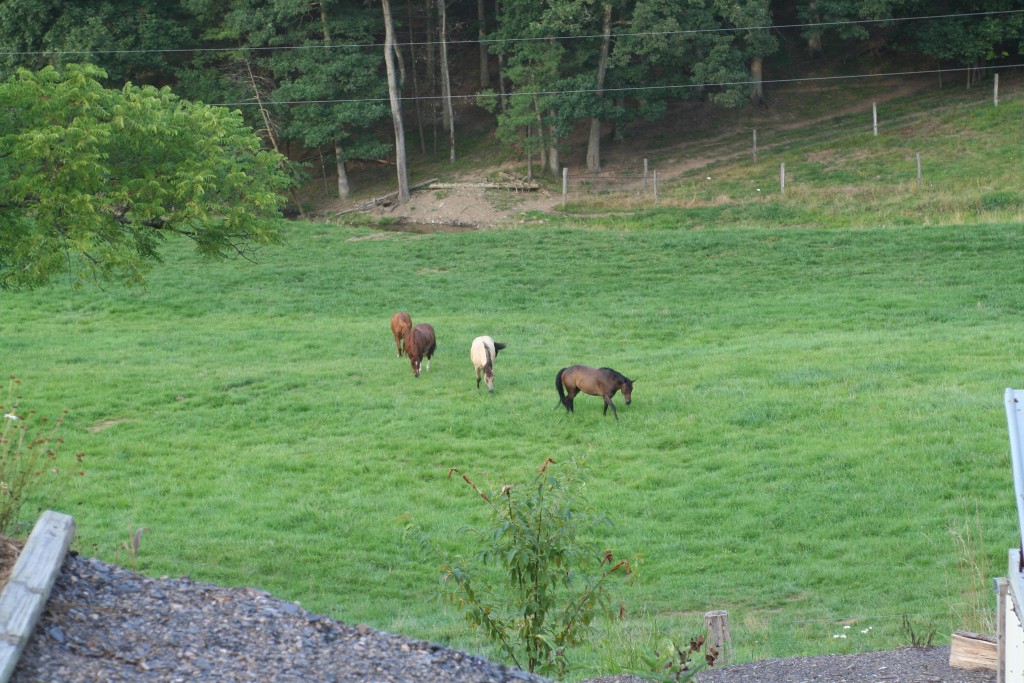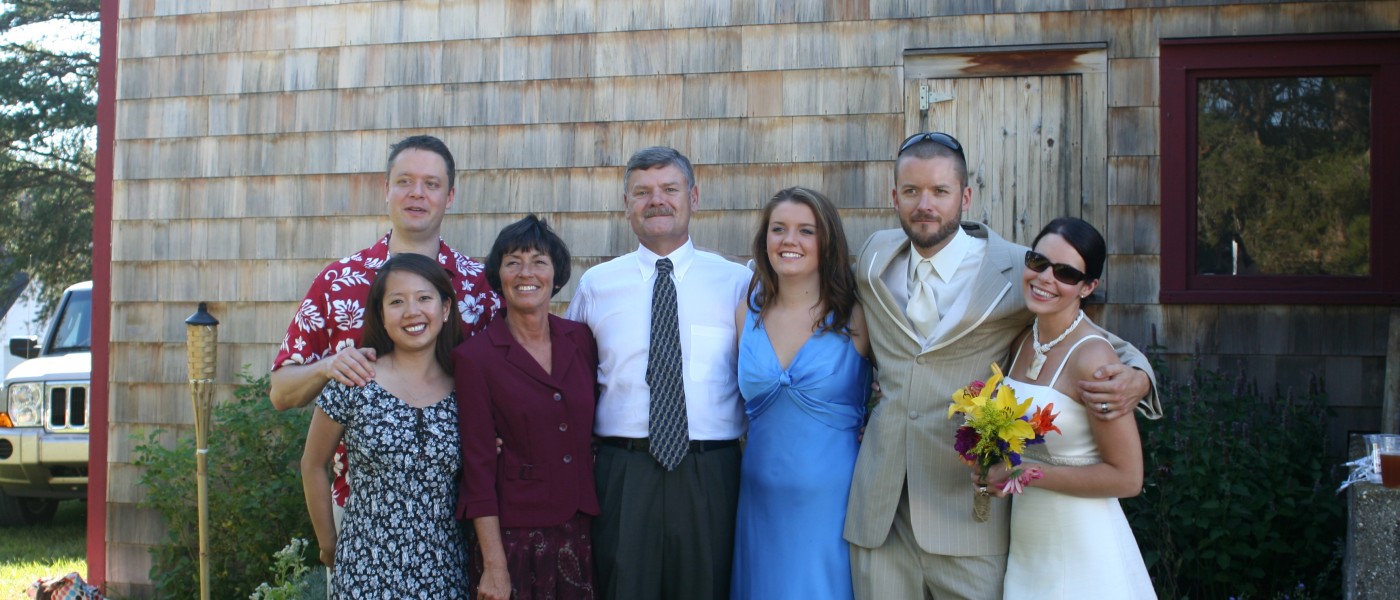Fort Seybert, WV
In a time when US contract poultry farmers are being taken advantage of and intimidated by large corporations, Mike Weaver is standing up for what he believes is fair, and for the rights of his fellow farmers. As President and co-founder of the Contract Poultry Growers Association of the Virginias, Weaver is using his platform to get policy makers to take notice of the abuses in his industry. His work is inspiring change, and giving hope to poultry farmers who are struggling to hold on.
Mike Weaver lives in rural West Virginia and has spent a considerable part of his life on and around farms. As a child, he watched both his father and grandfather tend the land and raise various crops. When it came time to choose a career path, however, Weaver decided not to go down the farming route, choosing government work instead. He began working as a West Virginia State wildlife law enforcement officer, and later became a US Fish and Wildlife Service Special Agent in the Law Enforcement Division, working in Georgia, Michigan, Maryland and then back in West Virginia.
Nine years ago, Weaver decided it was time to try his hand at full time farming. He was thinking about retirement, and he decided to purchase a poultry raising operation in Fort Sybert, West Virginia as a source of additional income. He received a contract with the poultry integrator Pilgrim’s Pride and began raising turkeys with the help of a full time farm hand. Later, when he retired from law enforcement, raising poultry became his new full time job.

After a short time, Weaver noticed raising turkeys was becoming less and less profitable. More financial investments in the operation caused him to receive a smaller return on each turkey. Weaver switched to raising broiler chickens, thinking he might make more money that way, but eventually, raising chickens got more and more expensive too. Coupled with his mortgage and living costs, it was becoming clear to Weaver that it was tough to make a profit in the current poultry market. “When I bought the farm, there was money to be made in raising poultry. Now, the cost of raising chickens is higher than what we are paid,” Weaver said.
He is not the only one to feel this financial burden. Thousands of farmers all over the country experience the economic strain that comes from raising poultry for a poultry integrator in a highly concentrated marketplace. In the US today, only four corporations (called poultry integrators) control almost 60% of the broiler market. Once a farmer is contracted, he or she often borrows hundreds of thousands of dollars in loans to construct an operation that meets the standards of the integrator they are contracted with. The integrator then provides the contract farmer with the chicks, feed, medication and technical advisors to supervise farm production. Issues begin to arise when these corporations require their growers to spend even more money on farm modifications without increasing the price the farmers are paid for growing chickens, or without altering the terms of their contracts. If farmers do not comply, then the large corporations threaten to cancel their contracts altogether. This cycle continues until farmers are so deep in debt, that they have no choice but to continue raising birds for whatever price they can get. Either they continue to put up with abuses, or they lose everything.
Instead of fleeing the industry, or simply accepting what was happening, Weaver decided to take action to change the way contract poultry growers are treated. Weaver is President and co-founder of the Contract Poultry Growers Association of the Virginias, a group that represents and unites poultry farmers in the mid-Atlantic region. Weaver helped to establish this group two-and-a-half years ago in order to bring poultry growers together, and to give them a voice against mistreatment and corporate abuses. “One of our goals is to stop integrators from implementing forced upgrades and threatening farmers with retaliations if they don’t comply,” he said.
Weaver has been especially active in promoting federal oversight that would put some power back in the hands of the small farmer. In May 2010, the Departments of Justice and Agriculture held a joint workshop to discuss corporate concentration in the poultry industry. Weaver was a panel member at this meeting, and helped to bring the stories of struggling and intimidated poultry farmers to the attention of policy makers such as US Secretary of Agriculture Tom Vilsack and Attorney General Eric Holder. Weaver also actively advocated for the recently proposed USDA GIPSA (Grain Inspection, Packers and Stockyards Administration) rule, which amends the Packers and Stockyards act of 1921 with important language to allow the government to crack down on abusive practices by large corporations. “It’s not about money, it’s about control,” Weaver said. “Big companies do not want to lose control of their growers, and they are spending a lot of money to fight legislation that takes that away from them.”

Besides working on promoting changes in government policies, Weaver and the Contract Poultry Growers Association of the Virginias are exploring other ways that farmers can connect and be profitable. They are currently working to establish a fuel co-op for their growers. They have also attended educational workshops at schools such as the University of Georgia, and have conducted many educational activities for their members. The group, now almost three years old, continues to grow and spread every day. “Before us, poultry raisers in this area had little to no representation,” he said. “Now we represent farmers who raise about 45 million chickens and turkeys annually.”
Though times have been tough for poultry growers in the past few years, Weaver’s feelings about the future of his industry are optimistic. “I think there are good changes coming,” he said. Weaver’s goal for poultry raisers is simple and straight-forward: “We just want to be treated fairly,” he said, and his work and dedication is helping to make that goal a reality.



